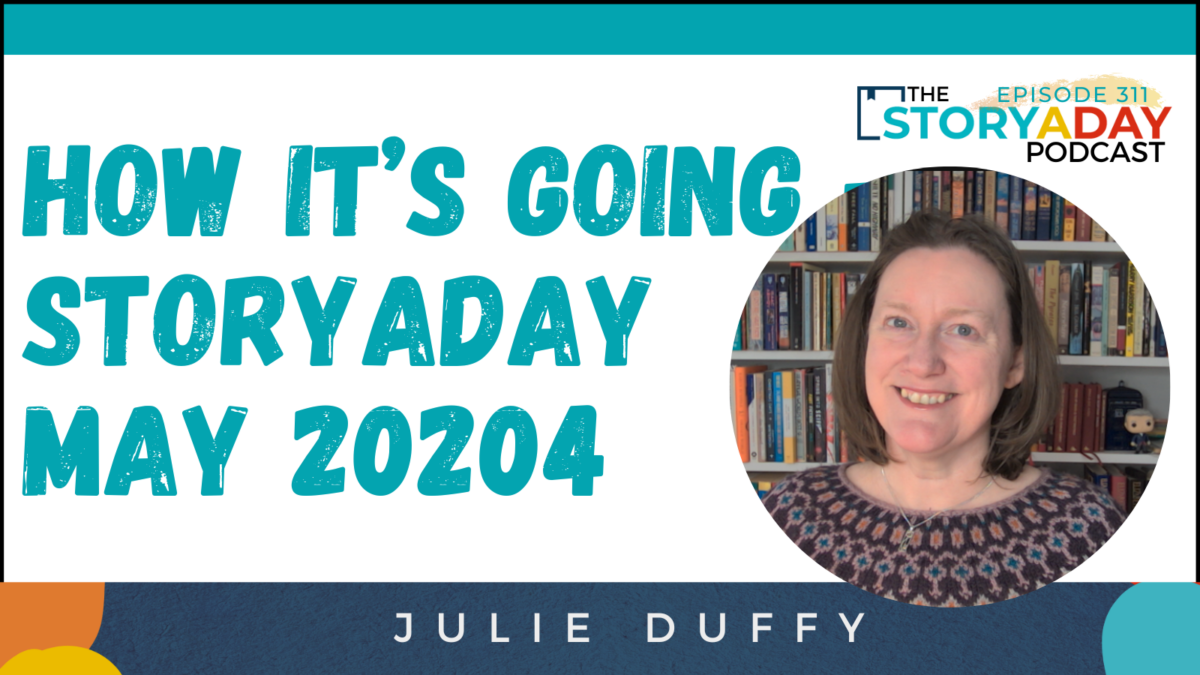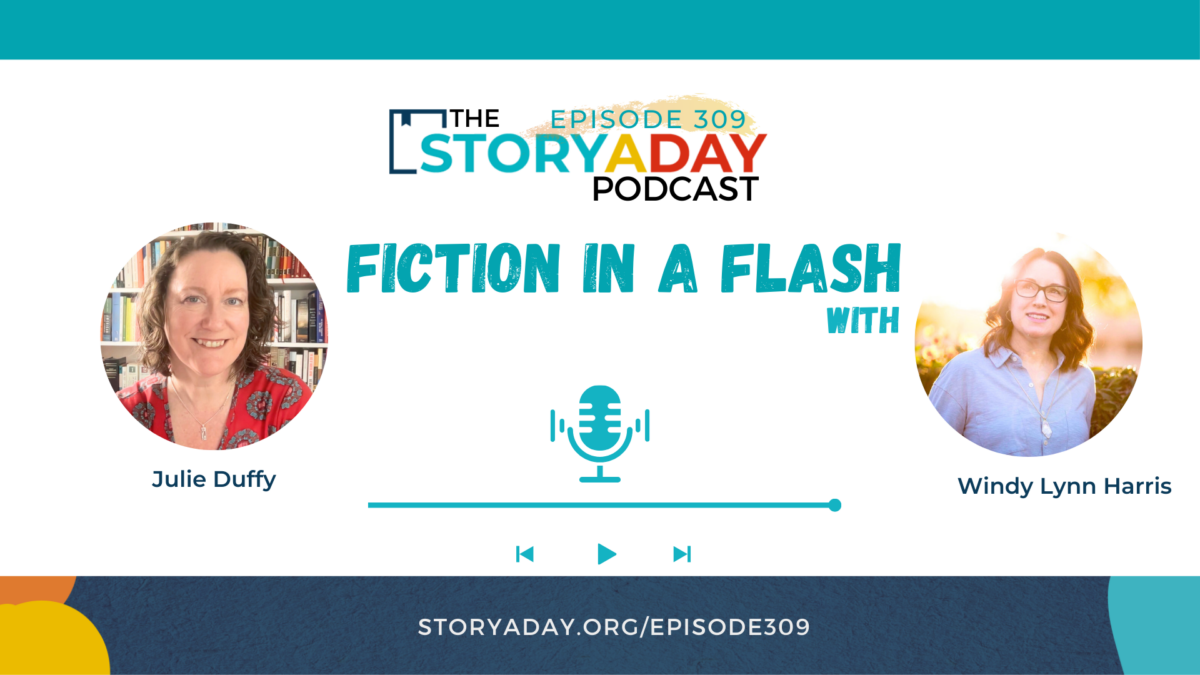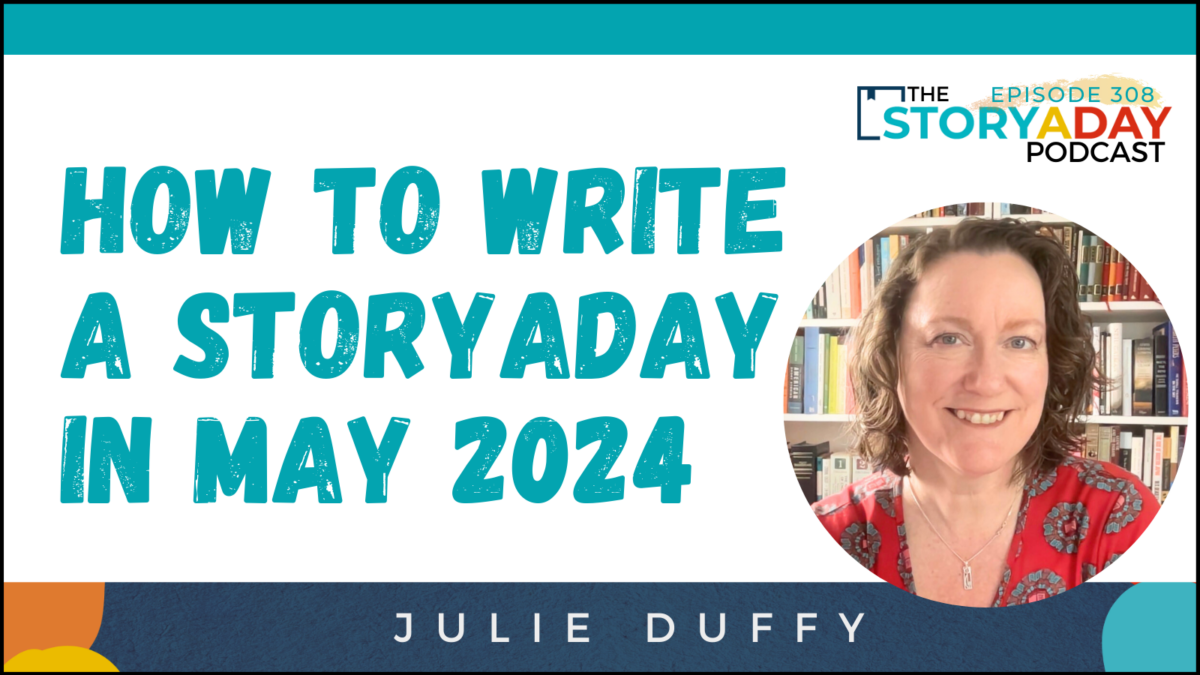In which I talk about how StoryADay May 2024 is going (spoiler: it’s going great!) and how much fun everyone is having, and the best ways to participate, even if you don’t want to write a story every day.
Chapters
[00:01:08] How Is StoryADay May 2024 going?
[00:01:30] Join The Discussion
[00:02:24] The Challenge Handbook Benefits
[00:04:51] The Experience of StoryADay May in 2024
[00:05:10] Week 1 – Come To Your Desk
[00:05:48] Week 2 – The Elements of Craft
[00:08:03] Week 3 – The Art of the Short Story
[00:09:10] Wish I’d Known Then…Podcast Appearance (Short stories for novelists)
[00:11:15] Fun With Short Stories
[00:12:45] The Benefits of Community & How to be A Good Literary Citizen
[00:17:29] Wish I’d Known Then…podcast – other topics we covered
[00:19:08] Indie vs Traditional Publishing
[00:20:39] If You’re Having Difficulty Writing or Staying Motivated to Write…
LINKS
StoryADay Challenge: https://storyaday.org
StoryADay Challenge Handbook: https://storyaday.org/challenge-handbook
Wish I’d Known Then…Podcast: https://stada.me/wishidknown
Other Ways To Increase Your Joy Around Writing
Download the Short Story Framework:
Take the 3-Day Challenge
Sign up for the StoryAWeek Newsletter
Take the I, WRITER Course
Join the Superstars Group
https://storyaday.org/superstars





